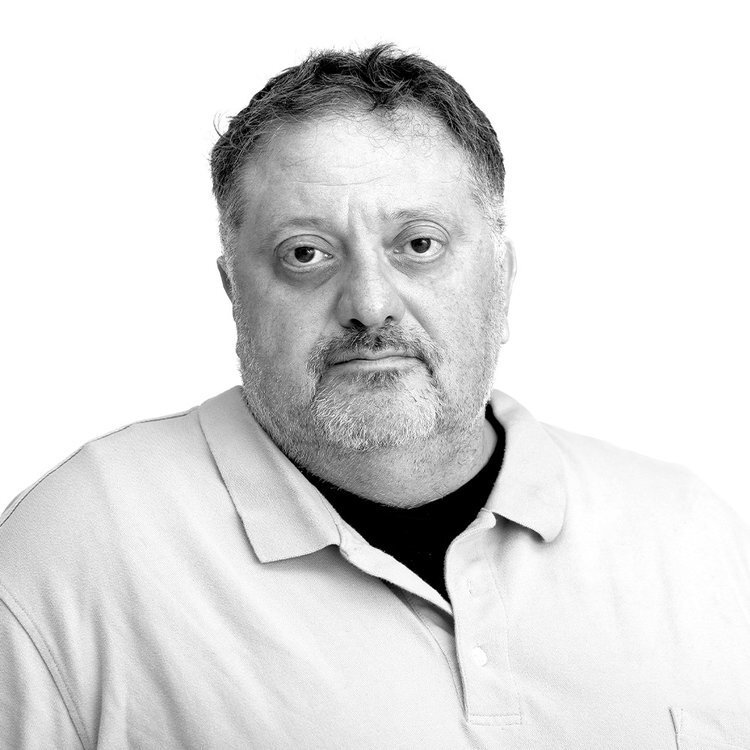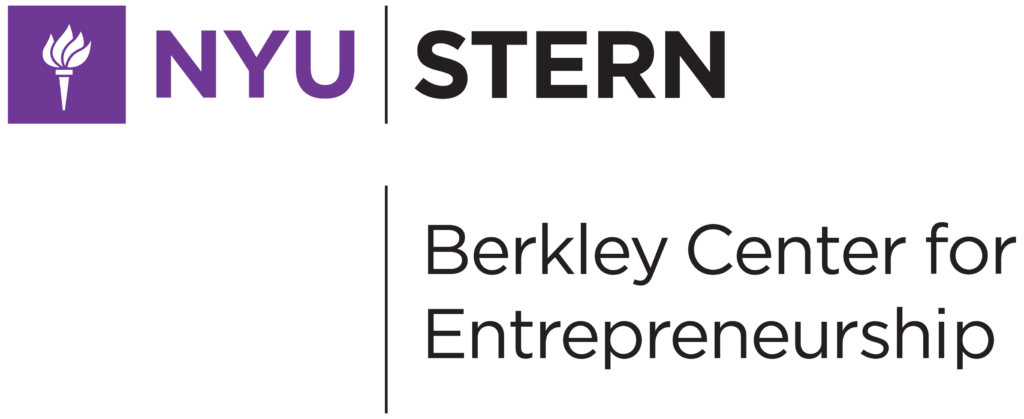
Founder Friday | An Interview with GaleSun’s Christopher James
About:
Christopher James (MS ‘15) is the CTO of GaleSun Technology, whose product is a hardware and software device which will allow for ultrasonic inspection and imaging of any shaped object when paired with a flexible array. Chris and GaleSun were 2022-23 Entrepreneurs Challenge Semi-Finalists and are joining us again as an Associate Fellow for this year’s SVF cohort.
Tell us about your startup and the problem it aims to solve.
GaleSun Technologies aims to pioneer the first approach to flexible ultrasound transducer imaging for practical use. Our innovative probe shape estimation algorithm will be the first to enable practical imaging from a flexible probe, solely utilizing the probe’s ultrasonic signals. The technology leverages a novel method of transducer element localization, which will allow for real-time imaging of arbitrarily shaped and dynamically changing surfaces. This represents a fundamental advance over current flexible imaging techniques and unlocks new possibilities for ultrasound in both medicine and research.
What inspired you to take this step into entrepreneurship?
Musculoskeletal conditions affect half of U.S. adults, costing $213 billion annually in treatment, care, and lost wages. Sports injuries, in particular, contribute significantly to this public health problem, with 2 million high school students and 8.6 million people of all ages injured yearly. Ultrasound imaging’s unique ability to capture the body in dynamic motion shows promise for diagnosing minor injuries before they become major ones and to answer basic questions about how the body works, unlocking translational approaches to injury prevention and diagnosis.
Previous attempts to develop flexible array imaging have been successful in creating flexible ultrasound probes which collect data; however, all previous approaches to creating images from these probes have significant drawbacks, which render them infeasible for practical use. These methods require extensive processing time, and additional shape estimation equipment, which is unwieldy and inaccurate, or they simply ignore the problem, assuming a shape and making it unusable in practice.
What motivated you to apply to the Stern Venture Fellows accelerator? What are you hoping to gain from the experience?
We were semi-finalists in the Spring 2023 Entrepreneurs Challenge. We found it a truly rewarding experience, not just from the structure presented to us, but more importantly from the folks at the Berkley Center who were consistently gracious with their time, continuously supportive of everyone in the program, and collectively made the experience one which we wanted to repeat, as we did not make it to the finals.
Hearing SVF 2023 was going to healthcare startups, we jumped in with both feet!
We are looking to garner additional mentorship, to have the opportunity to support the other teams and to be able to dedicate time to really refining our customer discovery journey. Additionally, we’d like to come out with a low-fidelity prototype that we can use in customer delivery– to solidify the concept and allow us to observe the researchers interact with the prototype.
What has been the biggest turning point for you on your startup journey? What have been the biggest challenges you’ve faced so far in building your startup, and how have you overcome them?
Surprisingly, the initial start of the venture with the National Security Innovation Network’s Defense Innovation Accelerator (NSIN-DIA) was the biggest turning point. I had never started something this technical and with such prestigious lab technology. The combining of the team and the building on the ideas in a collaborative nature was pretty transformational. The second turning point is a hopeful one in the future– when we are granted U.S. government funding for a Phase I project grant with the National Science Foundation (NSF) or the National Institute of Health (NIH).
The challenges for us were moving from the NSIN-DIA environment to being off and on our own. We needed to continue customer discovery, assemble a team, and continue to apply for programs and for government funding. It happened one step at a time, sometimes slower than anticipated, but we found by just focusing on the task at hand we were able to build on the NSIN-DIA foundation.
Working on a startup takes a lot of time and energy. How do you try to keep a work/life balance?
This is an important question. One way I keep myself on an even-keel is with the responsibilities of my personal life– care for my elderly parents, having a family, going to graduate school, and working on GaleSun Technology. And, oh yes, a full time job!
Sometimes priorities have to get shifted around, and some personal life time is sacrificed to meet a deadline or complete a startup project or assignment. I try to keep this to a minimum, more as an anomaly rather than a common occurrence.
I find if I am scheduled, I do much better. I like to keep organized in a bunch of formats and devices. I still have not settled on just one, but I keep trying to find organizational nirvana!
I think as long as you are upfront with your commitment time and make the best use of your personal time, especially with family, you can balance all the obligations without feeling as if you are not doing enough in one area of your life.
What are some recent milestones you have achieved/or are working towards? How has it been reaching them?
Our current set of milestones includes more customer discovery, especially in the area of biomedical researchers. We continue to work on a low-fidelity prototype with our coach, Eric Chan. He is a wonderful mentor, and was an excellent choice by Steph and Cynthia to have him mentor our team this summer. Again, a theme emerges, we are grateful for the folks around us who are all supporting us as team GaleSun. The theme coming through for us is it takes a diverse and dedicated support team “to make the dream work!”

